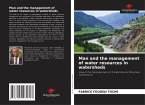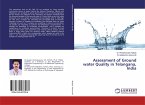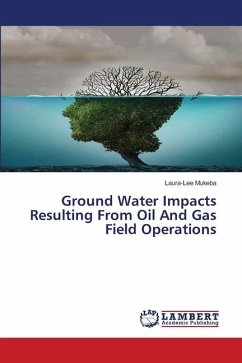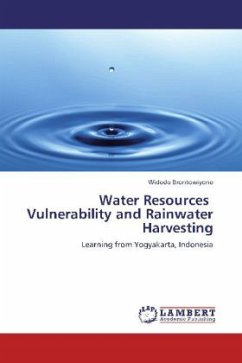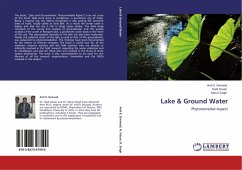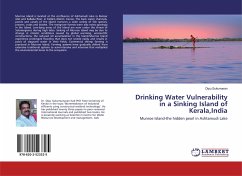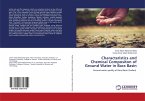Nonpoint-source contamination is a substantial threat to ground-water resources. Understanding ground-water vulnerability (GWV) to nonpoint-source contamination is necessary to implement best management practices for resource protection and remediation. However, reaching such understanding is often complicated because of the inherent spatial and temporal variability of hydrogeologic properties of the aquifer, land-use practices, and climate change and variability. This book provides an overview of approaches for improved understanding of GWV and has specific application to the High Plains[Ogallala] aquifer. Chapters describe a synthesis of GWV modeling approaches; application of statistical GWV models with ground-water flow simulations; a stochastic approach to quantify GWV model prediction uncertainty; and explore the effects of natural climate variability on GWV from the El Niño/Southern Oscillation (ENSO), Pacific Decadal Oscillation (PDO), and Atlantic Multidecadal Oscillation (AMO). This book is written for resource managers, scientists, students, and the general public interested in GWV analysis and (or)the High Plains [Ogallala] aquifer.
Bitte wählen Sie Ihr Anliegen aus.
Rechnungen
Retourenschein anfordern
Bestellstatus
Storno


